As dawn breaks over the jagged peaks of Banff or the misty fjords of Gros Morne, a quiet revolution unfolds in Canada’s national parks. Dubbed the "Early Bird Parking Law", an unspoken rule has taken root among seasoned park-goers: arrive before 7 a.m., and you’ll not only secure a prime parking spot but also experience the wilderness in its purest form. This isn’t just about logistics—it’s a cultural shift in how Canadians engage with their protected landscapes.
The concept is simple yet transformative. By incentivizing early arrivals with guaranteed parking, Parks Canada has inadvertently created a two-tiered system where early risers reap disproportionate rewards. Those who roll into popular trailheads like Lake Louise or Bruce Peninsula after 8 a.m. often face overflowing lots, forced to abandon their hiking plans or wait hours for a space. Meanwhile, the pre-7 a.m. crowd enjoys empty trails and wildlife sightings before the human tide alters the ecosystem’s rhythm.
Ecological benefits have emerged as an unexpected upside. Wildlife biologists note that sensitive species like grizzly bears and caribou increasingly use dawn hours for critical activities—crossing roadways, drinking at water sources, or teaching cubs—before visitor numbers spike. The reduced morning traffic has led to a 22% drop in vehicle-animal collisions in Yoho National Park since the trend gained momentum. Park rangers now unofficially refer to 6:30-7:30 a.m. as "the golden hour" for both parking availability and undisturbed animal behavior.
Social dynamics tell another story. Coffee thermoses in hand, early arrivals have developed a distinct camaraderie. At Jasper’s Maligne Lake parking lot, regulars recognize each other’s vehicles, exchanging trail condition updates like members of a secret society. Some even coordinate arrival times through community forums to ensure friends can park together. This organic social network contrasts sharply with the frustration of latecomers, creating what sociologists call "temporal segregation" among park visitors.
The phenomenon has sparked infrastructure changes. Parks Canada has expanded pre-dawn lighting at restrooms near popular trailheads, while local businesses have adapted with sunrise breakfast specials. In Waterton Lakes, the iconic Prince of Wales Hotel now offers "Astronomer’s Breakfast" at 5:30 a.m., complete with star charts for pre-hike stargazing. These adaptations reveal how a simple parking strategy can reshape entire local economies.
Not all consequences are positive. The pressure to arrive early has led to risky predawn driving on mountain roads, with a 17% increase in pre-7 a.m. speeding tickets along the Icefields Parkway since 2022. Some families with young children or seniors find the timing exclusionary, arguing that national parks should accommodate all citizens regardless of circadian rhythms. Disability advocates note that many adapted vehicles require later arrivals due to medical routines, creating unintended accessibility barriers.
Photographers and artists have become the policy’s unintended beneficiaries. The soft morning light on Moraine Lake’s turquoise waters or the Athabasca Glacier’s crevasses now draws creative professionals who previously struggled with midday crowds. Gallery owners in Canmore report a 40% increase in dawn landscape paintings sold since 2021, suggesting the early hours aren’t just changing parking patterns but influencing Canadian art itself.
As climate change alters park ecosystems—with earlier springs prolonging hiking seasons and increased wildfires affecting visibility—the Early Bird Parking Law’s role may evolve. Some conservationists propose making it official policy with monitored quotas, while others warn against institutionalizing what works best as organic behavior. What began as a parking hack has grown into a complex dialogue about fairness, ecology, and what it means to share some of Earth’s most breathtaking spaces.
The true lesson may lie beyond logistics. Those who witness a wolf pack hunting in the Algonquin mist or hear a loon’s cry echo across an untouched lake at sunrise understand: nature’s finest performances don’t adhere to human schedules. In coaxing us awake before the world stirs, Canada’s national parks remind us that wilderness rewards those willing to meet it on its own terms.
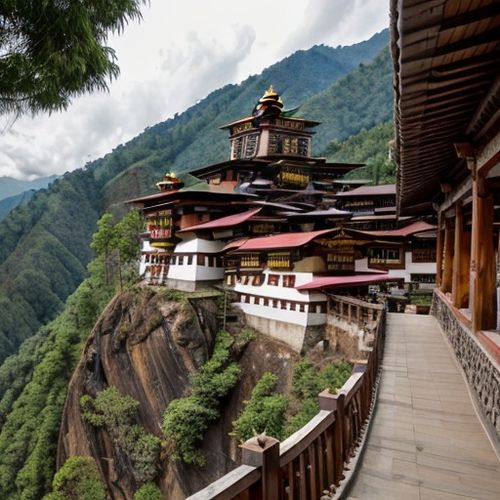
By Sophia Lewis/Apr 11, 2025

By Joshua Howard/Apr 11, 2025
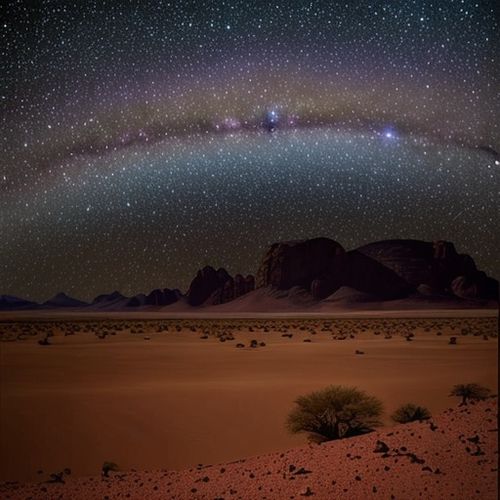
By Grace Cox/Apr 11, 2025
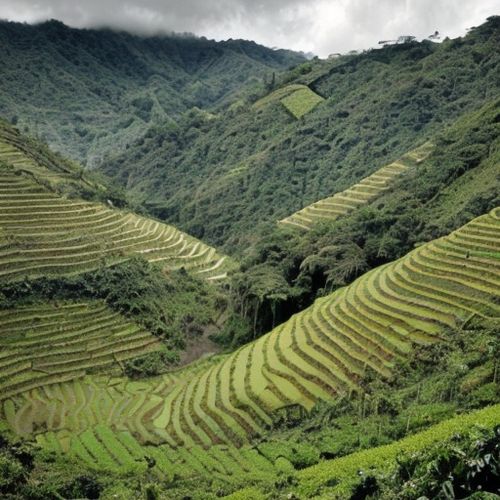
By George Bailey/Apr 11, 2025
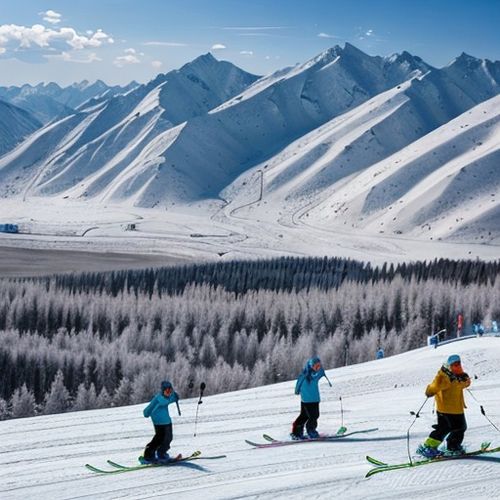
By Samuel Cooper/Apr 11, 2025
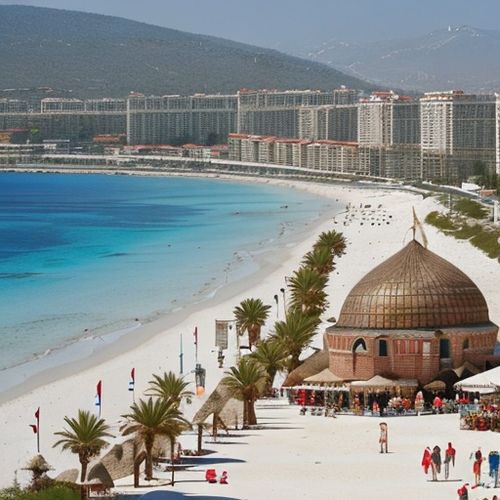
By Sophia Lewis/Apr 11, 2025
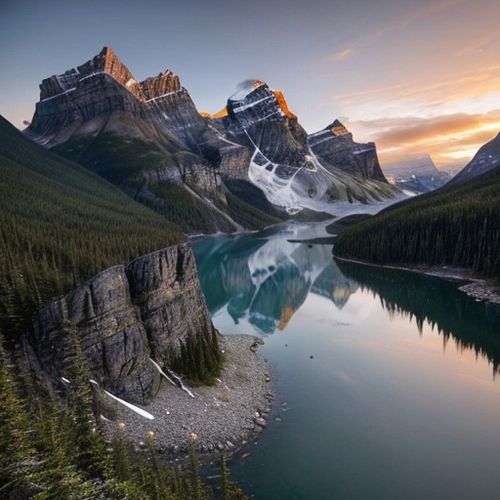
By Megan Clark/Apr 11, 2025
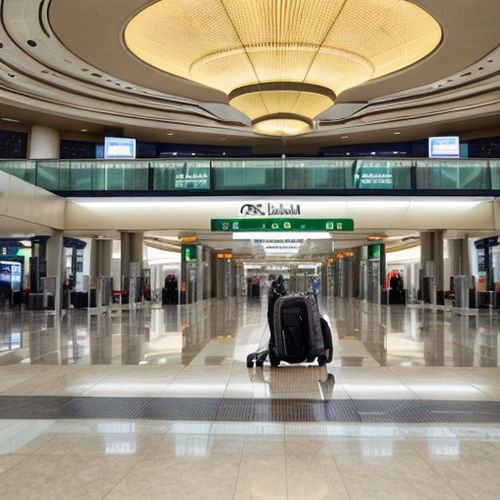
By Lily Simpson/Apr 11, 2025
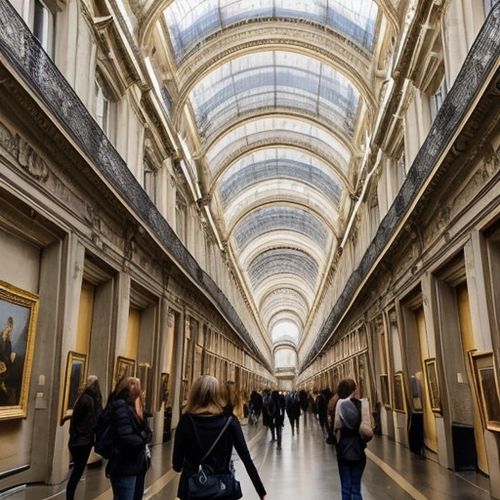
By Samuel Cooper/Apr 11, 2025
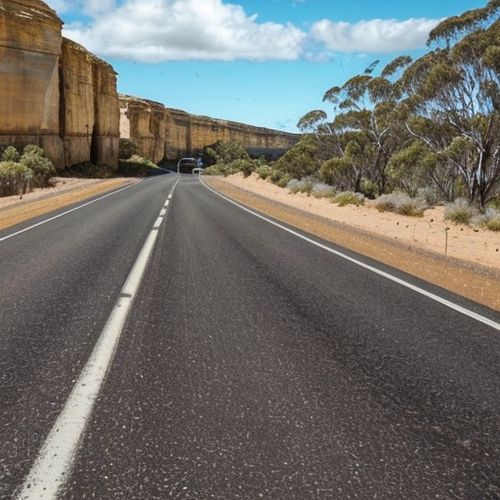
By Noah Bell/Apr 11, 2025
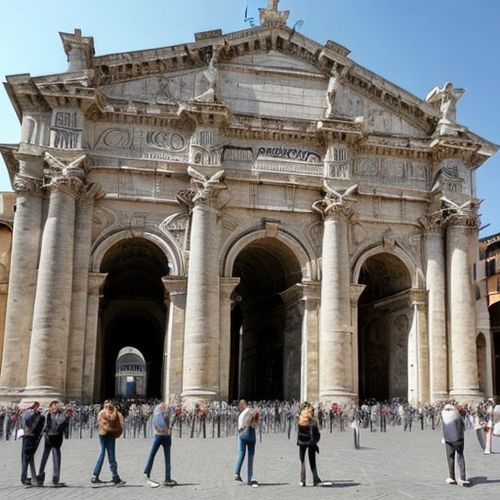
By Ryan Martin/Apr 11, 2025
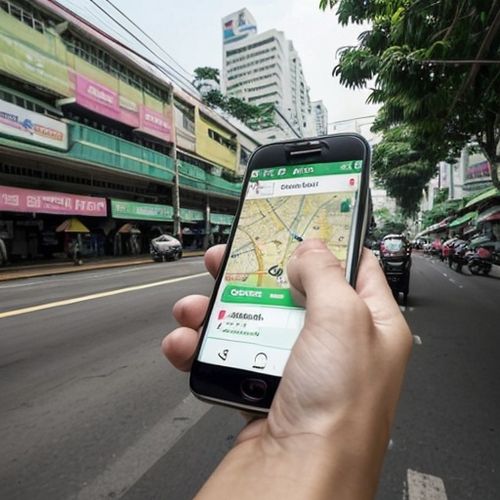
By John Smith/Apr 11, 2025
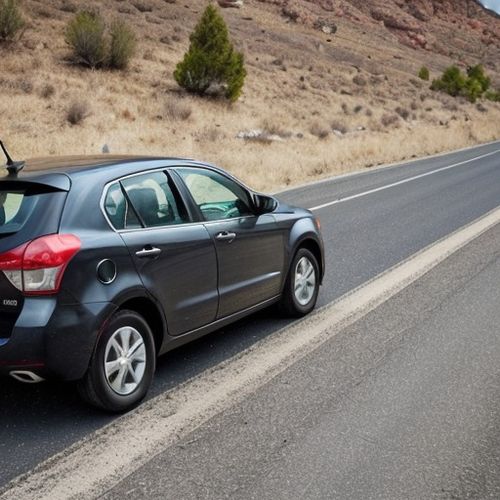
By James Moore/Apr 11, 2025
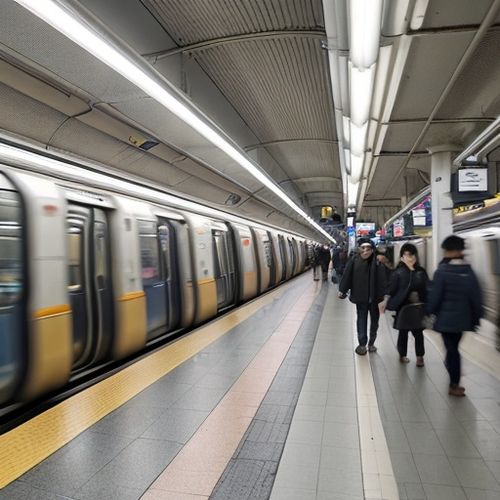
By Lily Simpson/Apr 11, 2025
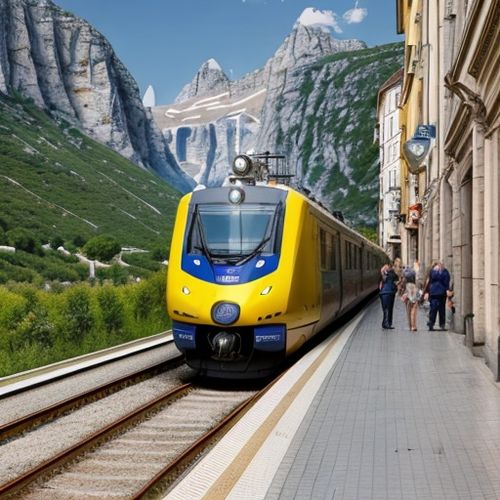
By Thomas Roberts/Apr 11, 2025

By Jessica Lee/Apr 11, 2025

By William Miller/Apr 11, 2025

By Elizabeth Taylor/Apr 11, 2025

By Christopher Harris/Apr 11, 2025

By Eric Ward/Apr 11, 2025